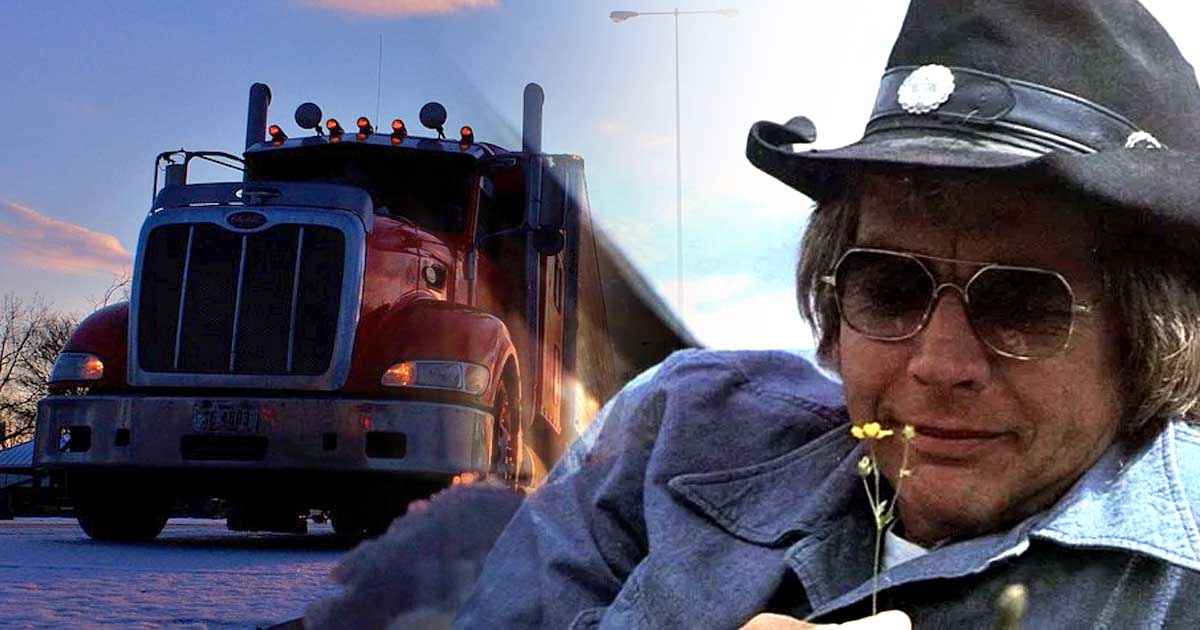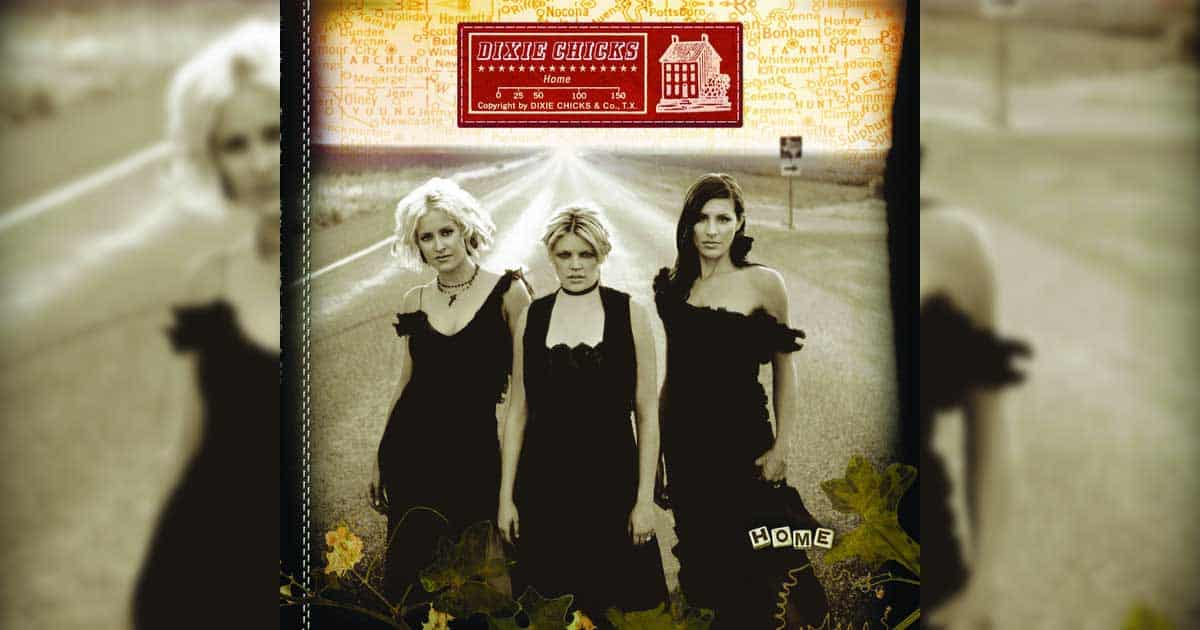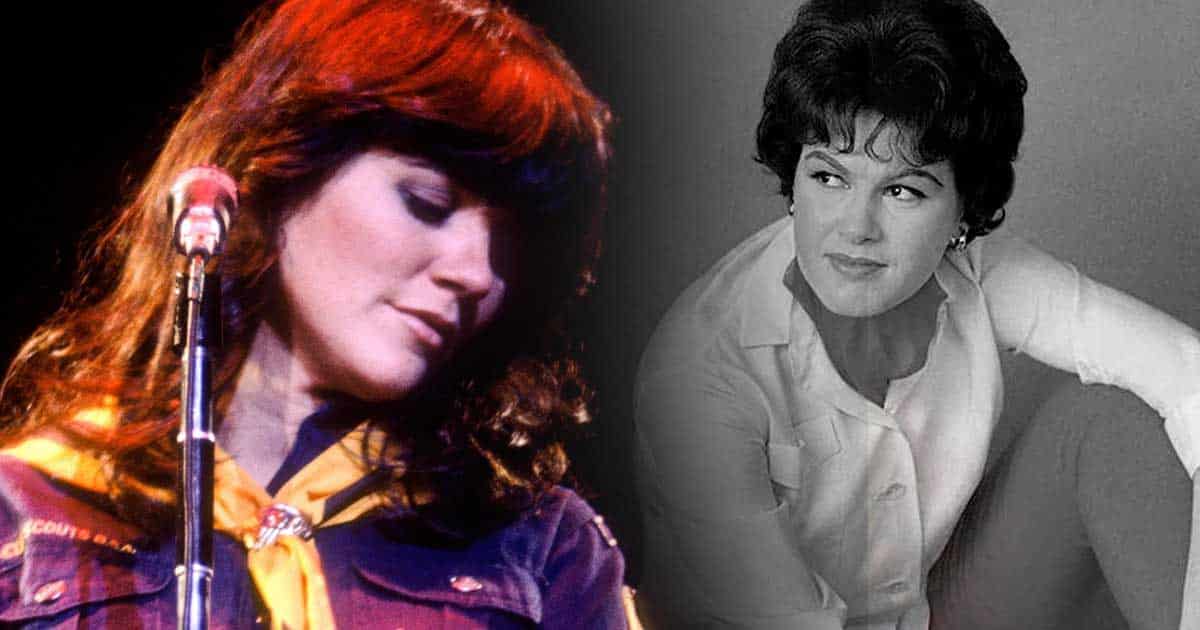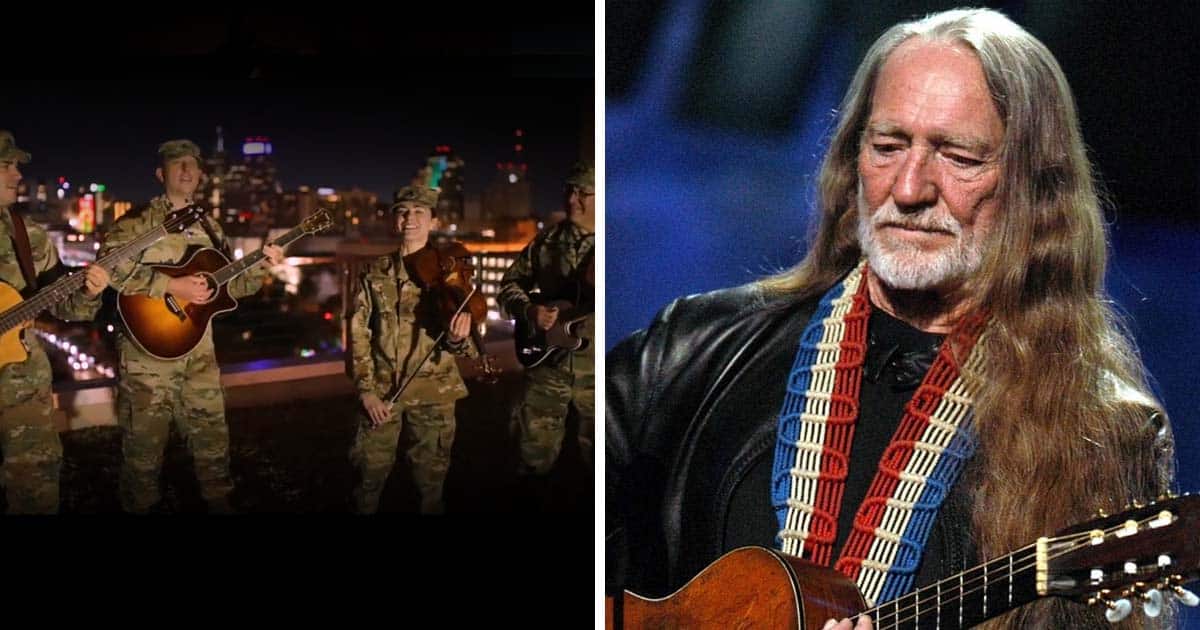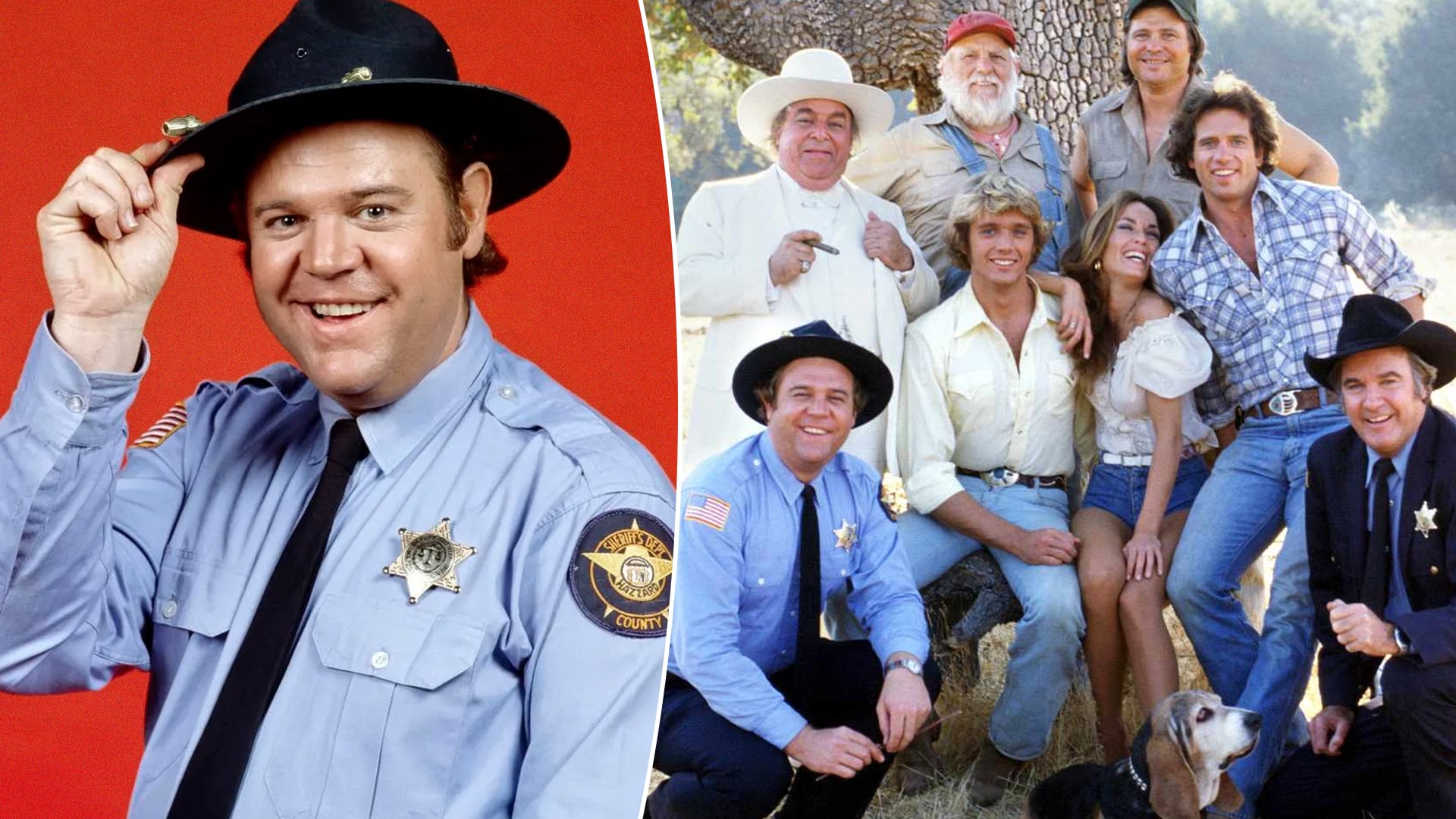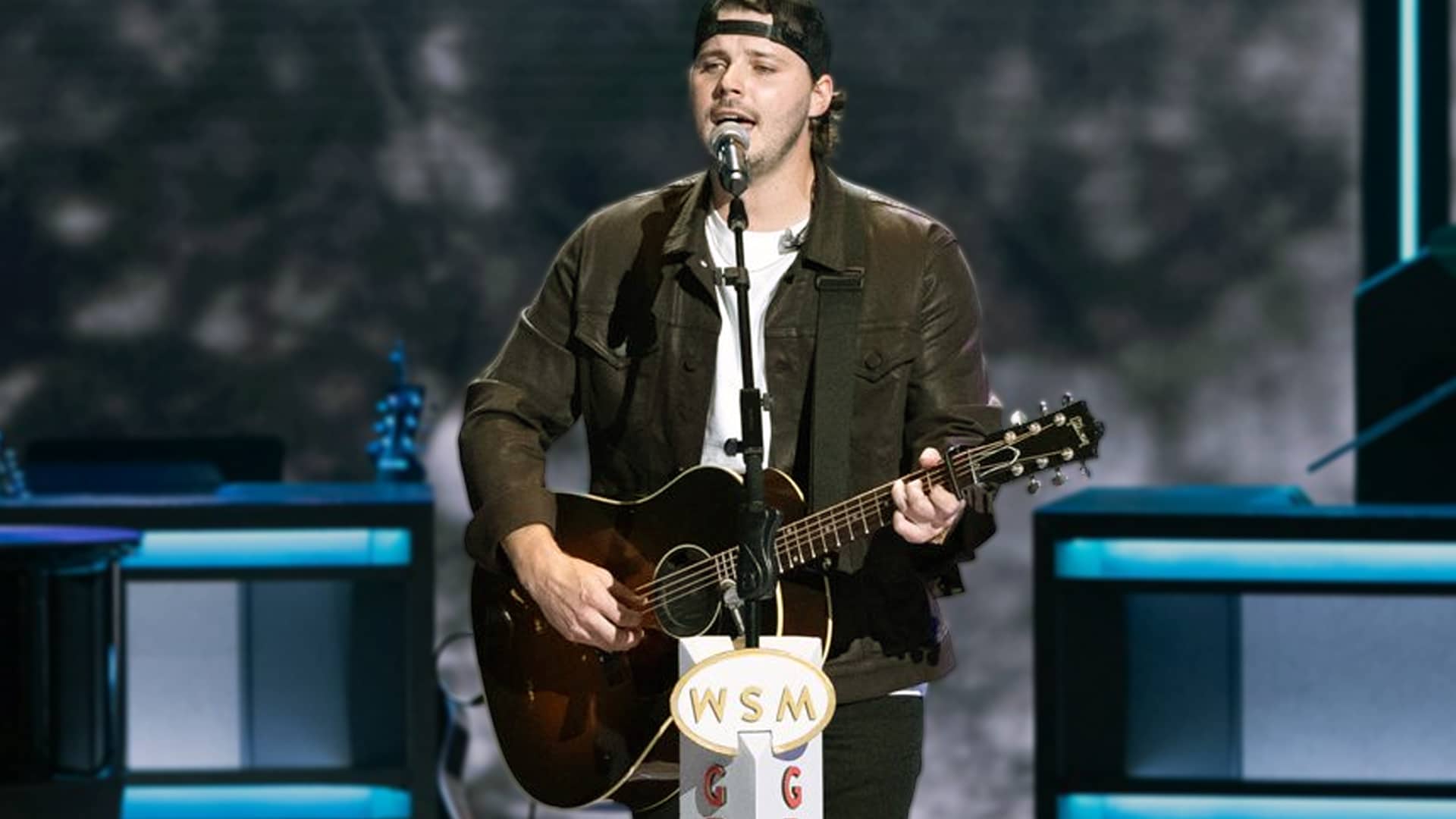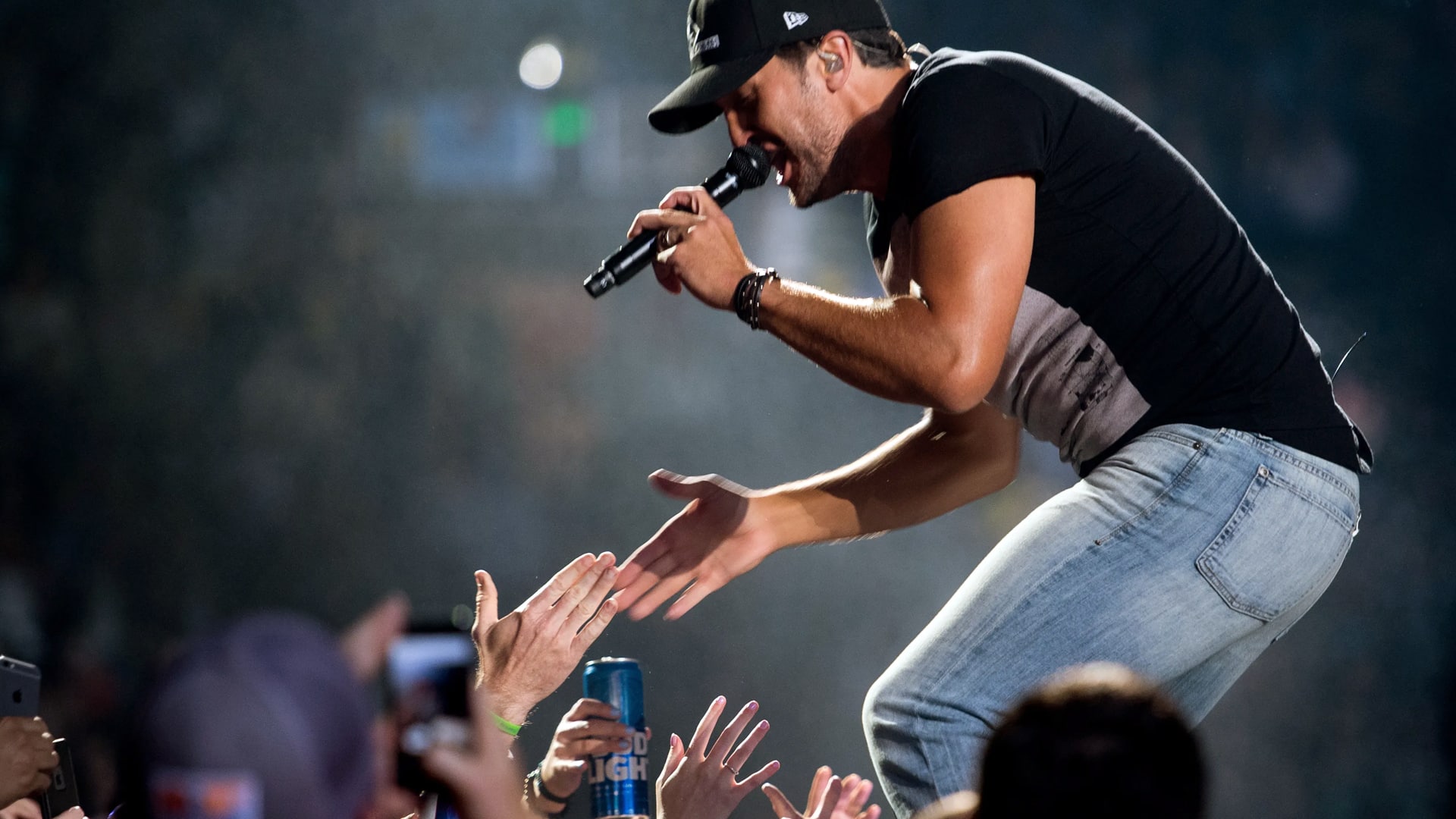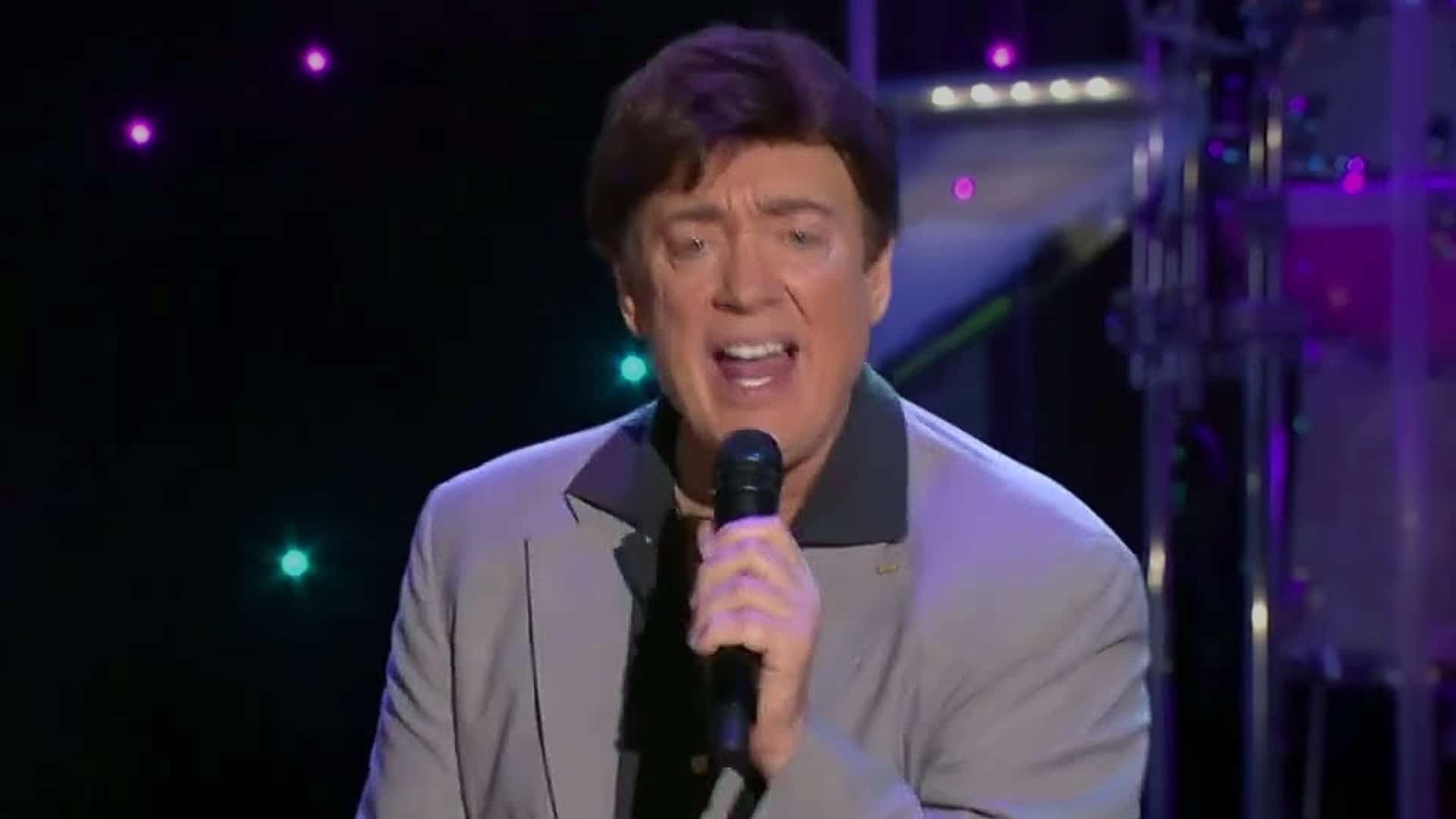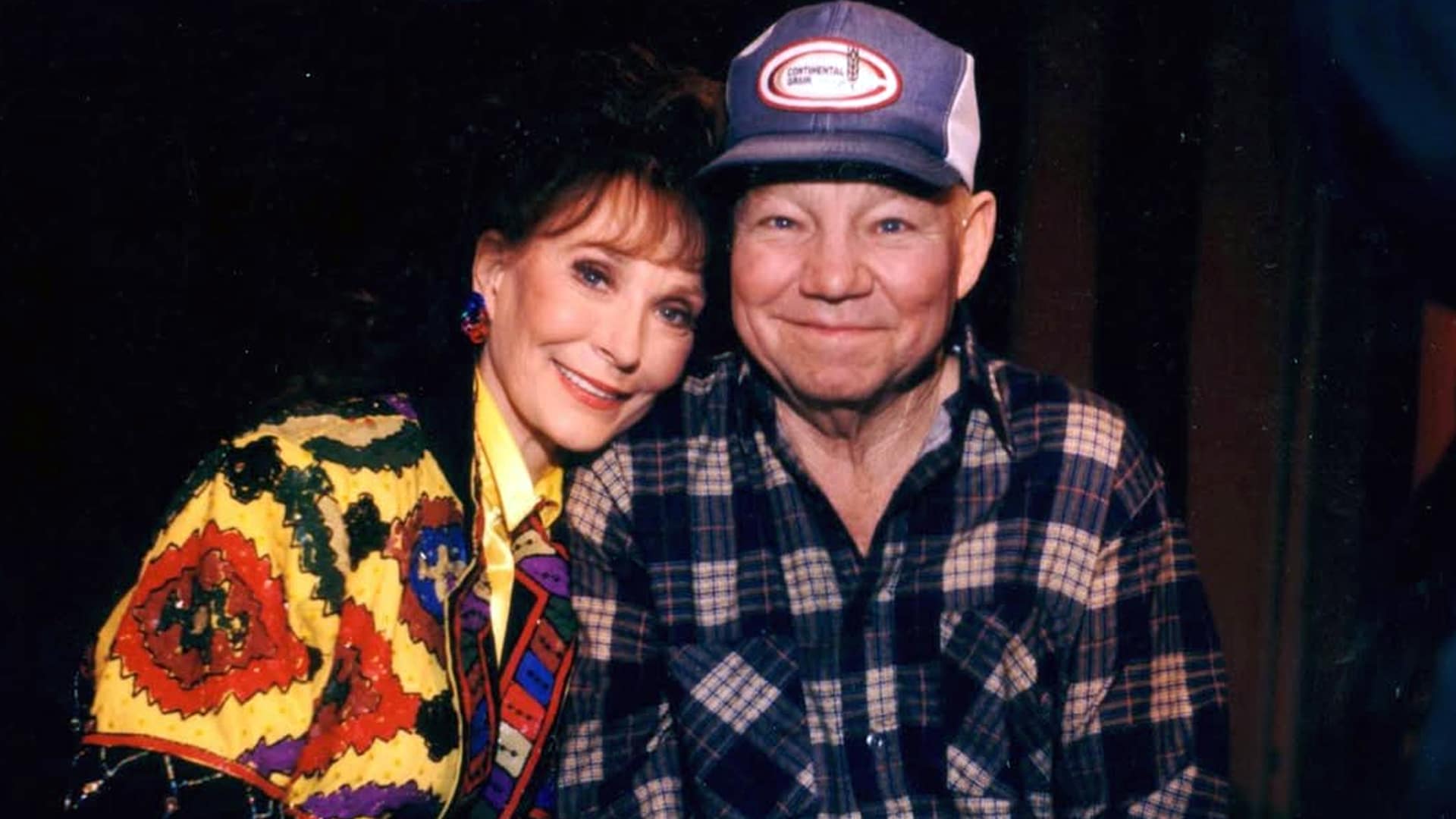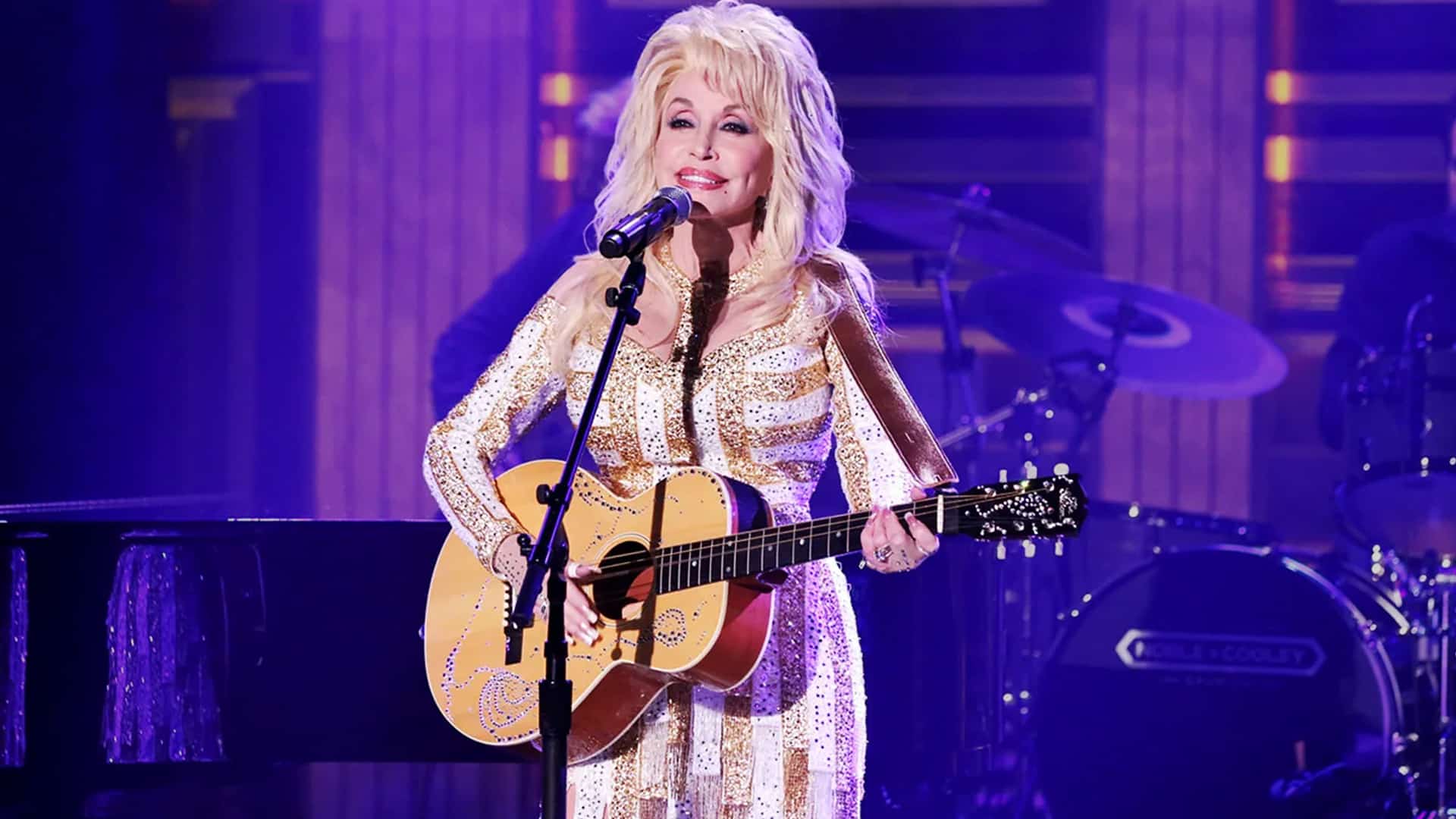C.W. McCall was the instrumental figure behind the truck-driving craze that swept America in the middle of the 1970s. And his knack for country novelty songs resulted in the chart-topper “Convoy,” which became a No. 1 song on both the country and pop charts in the United States.
“Convoy” spent six weeks at No. 1 on the country charts and one week on the pop charts. The song even went to No. 1 in Canada, hitting the top of the RPM Top Singles Chart. But the success of “Convoy” did not end here as it also peaked at No. 2 in the UK and was even included in Rolling Stone’s 100 Greatest Country Songs of All Time.
A Song That Capitalized On The Fad For Citizens Band (CB) Radio
Written by C.W. McCall, along with Chip Davis, “Convoy” sings about the tale of truck drivers protesting against the government regulations in the middle of a struggling industry. It was at the time when the United States was still reeling from a gas crisis. The motorists had to wait in line for hours just to get fuel, the prices skyrocketed, while the federal government imposed a fifty-five mph speed limit nationwide. The economy was definitely in bad shape, and the trucking industry was hit hard.
Then comes the citizens band (CB) radio, which the truckers used to communicate, help each other on the job, build camaraderie, and even keep one another awake on long hauls. But when the need for an operator’s license to use a CB radio was eliminated, suddenly anyone could listen in and join the conversation. C.W. McCall did just that. He learned the code words truckers used and weaved them into lyrics: “Bears” are police, “swindle sheets” are logbooks, and “chicken coops” are weigh stations.
The narrator of “Convoy,” a driver who went by the handle The Rubber Duck, used the CB to lead a group of truckers to protest. As they were moving across the country, the excitement built up. Law enforcement tried to intervene, but in a grand act of unity and resistance, more truckers and other motorists joined the convoy, making them unstoppable.
“Cause we got a great big convoy. Rockin’ through the night. Yeah, we got a great big convoy. Ain’t she a beautiful sight? Come on and join our convoy. Ain’t nothin’ gonna get in our way. We gonna roll this truckin’ convo,” the song goes.
Although “Convoy” was sung by a fictional character and its story is fantastic, McCall’s use of trucker lingo resonated not only in country music but also throughout popular culture.
There Was Even A Movie Based On This Song
In 1978, Sam Peckinpah made a movie based on the song starring Kris Kristofferson and Ali MacGraw. While the song inspired the film, its plot was almost entirely its own, since the song hardly had a plot at all. Once the screenplay was finished, McCall recorded a new version that mentioned plot points and characters from the film.
However, by the time the movie was released, McCall’s music career was largely over. He released two more albums, but in 1977, McCall officially turned his back on the music industry. He focused more on the burgeoning environmental movement and moved to the small town of Ouray, Colorado. He was elected mayor of the town in 1982. Even his attempt to make a comeback in 1990 proved unsuccessful.
Still, McCall’s “Convoy” is one of the most iconic songs out there. Watch him perform in the video below.

